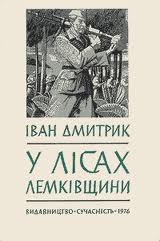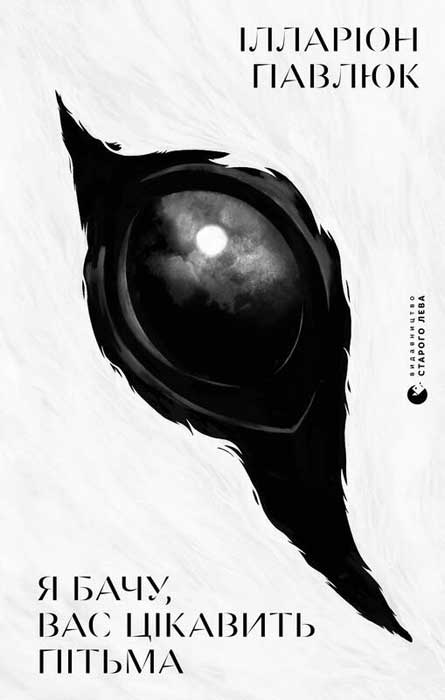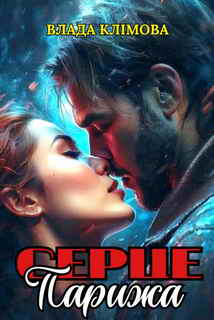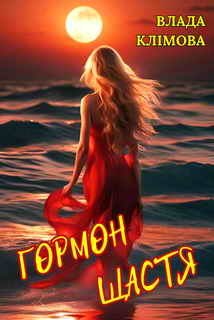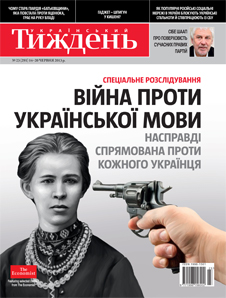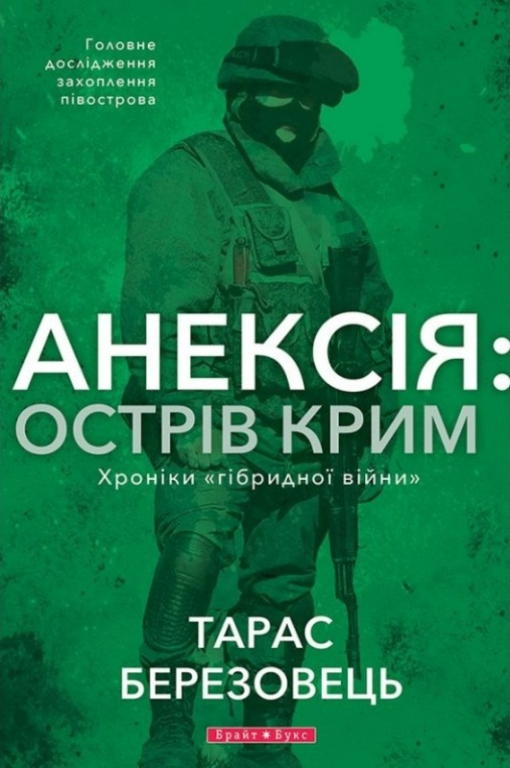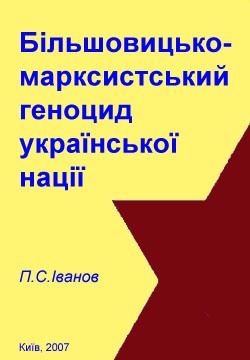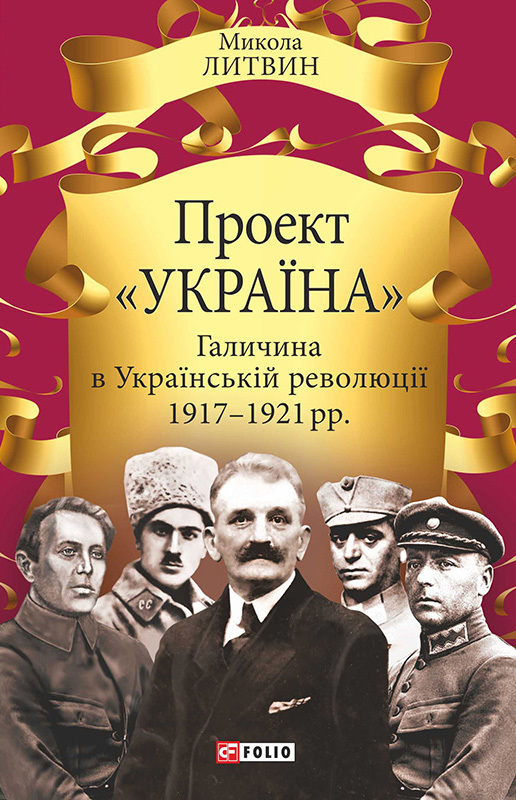Тарас Кузьо - Війна Путіна проти України. Революція, націоналізм і криміналітет
Шрифт:
Інтервал:
Добавити в закладку:
Bugajski, Janusz, and Assenova, Margarita, Eurasian Disunion: Russia’s Vulnerable Flanks (Washington DC: Jamestown Foundation, 2016).
Byzov, Leontii L., ‘National Consensus or Social Anomaly?’ On the Peculiarities of Mass Consciousness in “Post-Crimean” Russia’, Russian Politics and Law, vol. 54, no. 1 (January-February 2016), pp. 55–73.
Commission on Security and Cooperation in Europe, Ongoing Human Rights and Security Violations in Russian-Occupied Crimea (Washington DC: Helsinki Commission, 2016).
Connolly, Richard, ‘The Empire Strikes Back: Economic Statecraft and the Securitisation of Political Economy in Russia’, Europe-Asia Studies, vol. 68, no. 4 (June 2016), pp. 750–773.
Danylov, Sergey, ‘Crimean Tatar’s National Institutes under the Occupation: The Case of the Muftiyat of Crimea’, in Viktor Stepanenko and Yaroslav Pylynskyi, eds., Ukraine after the Euromaidan: Challenges and Hopes (Bern: Peter Lang, 2015), pp. 193–202.
Delcour, Laure and Wolczuk, Kataryna, ‘Spoiler or Facilitator of Democratization? Russia’s Role in Georgia and Ukraine’, Democratization, vol. 22, no. 3 (April 2015), pp. 459–478.
Grigas, Agnia, Beyond Crimea: The New Russian Empire (New Haven, CT: Yale University Press, 2016).
Grigas, Agnia, Frozen Conflicts: A Tool Kit for US Policymakers (Washington DC: Atlantic Council, 2016).
Flemming Splidsboel, Hansen, ‘Framing Yourself into a Corner: Russia, Crimea, and the Minimal Action Space’, European Security, vol. 24, no. 1 (January 2015), pp. 141–158.
Karagiannis, Emmanuel, ‘The Russian Interventions in South Ossetia and Crimea Compared: Military Performance, Legitimacy and Goals’, Contemporary Security Policy, vol. 35, no. 3 (September 2014), pp. 400–420.
Klymenko, Andriy, The Militarization of Crimea under Russian Occupation (Washington DC: Atlantic Council, 2015).
Krastev, Ivan, ‘Russian Revisionism: Putin’s Plan for Overturning the European Order’, Foreign Affairs, 3 March 2014.
Krastev, Ivan, and Leonard, Mark, ‘Europe’s Shattered Dream of Order: How Putin is Disrupting the Atlantic Alliance’, Foreign Affairs, vol. 94, no. 3, (May-June 2015), pp. 48–58.
Kuzio, Taras, Ukraine-Crimea-Russia: Triangle of Conflict (Hannover: Ibidem Press, 2007).
Kuzio, Taras, The Crimea: Europe’s Next Flashpoint? (Washington, DC: Jamestown Foundation, 2010).
Lukanov, Fyodor, ‘Putin’s Foreign Policy: The Quest to Restore Russia’s Rightful Place’, Foreign Affairs, vol. 95, no. 3 (May-June 2016), pp. 30–37.
Magocsi, Paul R., This Blessed Land: Crimea and the Crimean Tatars (Toronto: University of Toronto Press, 2014).
Malinova, Olga, ‘Obsession with Status and Resentment: Historical Backgrounds of the Russian Discursive Identity Construction’, Communist and Post-Communist Studies, vol. 47, no. 3–4 (September 2014), pp. 291–303.
Malyarenko, Tetyana and Galbreath, David J., ‘Crimea: Competing Self-Determination Movements and the Politics at the Centre’, Europe-Asia Studies, vol. 65, no. 5 (July 2013), pp. 912–928.
Matsuzato, Kimitaka, ‘Domestic Politics in Crimea, 2009–2015’, Demokratizatsiya, vol. 24, no. 2 (Spring 2016), pp. 225–256.
Petrov, Nikolai, ‘Chronology of the Transformation of the Crimean Peninsula into a Russian Region’, Russian Politics and Law, vol. 54, no. 1 (2016), pp. 96–105.
Petrov, Nikolai, ‘Crimea Transforming the Ukrainian Peninsula into a Russian Island’, Russian Politics and Law, vol. 54, no. 1 (January-February 2016), pp. 74–95.
Plokhy, Serhii, ‘The City of Glory: Sevastopol in Russian Historical Mythology’, Journal of Contemporary History, vol. 35, no. 3 (July 2000), pp. 369–384.
Rácz, Andras and Moshes, Arkady, Not Another Transnistria: How Sustainable Is Separatism in Eastern Ukraine? (Helsinki: Finnish Institute of International Affairs, 2014) .
Rácz, Andras, Russia’s Hybrid War in Ukraine: Breaking the Enemy’s Ability to Resist (Helsinki: Finnish Institute of International Affairs, 2015).
Rogov, Kirill, ‘“Crimean Syndrome”: Mechanisms of Authoritarian Mobilization’, Russian Politics and Law, vol. 54, no. 1 (January-February 2016), pp. 28–54.
Sasse, Gwendolyn, The Crimea Question: Identity, Transition, and Conflict (Cambridge, MA: Harvard University Press, 2007).
Smirnov, Mikhail, ‘Like a Sack of Potatoes: Who Transferred the Crimean Oblast to the Ukrainian SSR in 1952–54 and How It Was Done’, Russian Politics and Law, vol. 53, no. 2 (March-April 2015), pp. 32–46.
Suslov, Mikhail D., ‘“Crimea Is Ours!” Russian Popular Geopolitics in the New Media Age’, Eurasian Geography and Economics, vol. 55, no. 6 (November 2014), pp. 588–609.
Teper, Yuri, ‘Official Russian Identity Discourse in the Light of the Annexation of Crimea: National or Imperial?’ Post-Soviet Affairs, vol. 32, no. 4 (July 2016), pp. 378–396.
Tsygankov, Andrei R, ‘Assessing Cultural and Regime-Based Explanations of Russian Foreign Policy: Authoritarian at Heart and Expansionist by Nature?’ Europe-Asia Studies, vol. 64, no. 4 (June 2012), pp. 695–713.
Tsygankov, Andrei P., Russia and the West from Alexander to Putin: Honor in International Relations (Cambridge, UK: Cambridge University Press, 2012).
Tsygankov, Andrei R, ‘Vladimir Putin’s Last Stand: The Sources of Russia’s Ukraine Policy’, Post-Soviet Affairs, vol. 31, no. 4 (July 2015), pp. 279–303.
Uehling, Greta, ‘Everyday Life after Annexation: The Autonomous Republic of Crimea’, in Agnieszka Pikulicka-Wilczewska and Richard Sakwa, eds., Ukraine and Russia: People, Politics, Propaganda and Perspectives (Bristol: E-International Relations, 2015) , pp. 69–79.
Umov, Mark, ‘“Greatpowerness” as the Key Element of Russian Self-Consciousness under Erosion’, Communist and Post-Communist Studies, vol. 47, no. 3–4 (September 2014), pp. 305–322.
Увага!
Сайт зберігає кукі вашого браузера. Ви зможете в будь-який момент зробити закладку та продовжити читання книги «Війна Путіна проти України. Революція, націоналізм і криміналітет», після закриття браузера.
